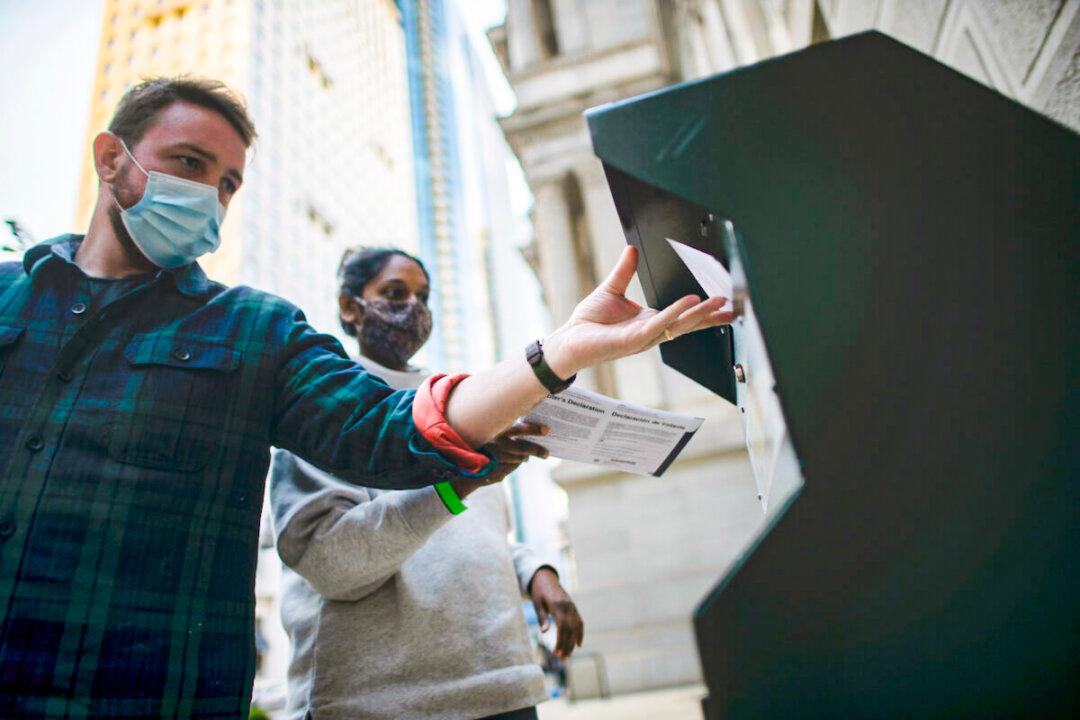The Pennsylvania Senate this week approved legislation preventing the future use of unsecured ballot drop-boxes. The vote was 29-20, along party lines. Republicans have the majority in the House and Senate.
The measure comes after evidence of fraudulent voting methods used in Pennsylvania’s October 2021 general election, documented to Senate members in videos and in a letter written by Lehigh County, District Attorney James B. Martin.





